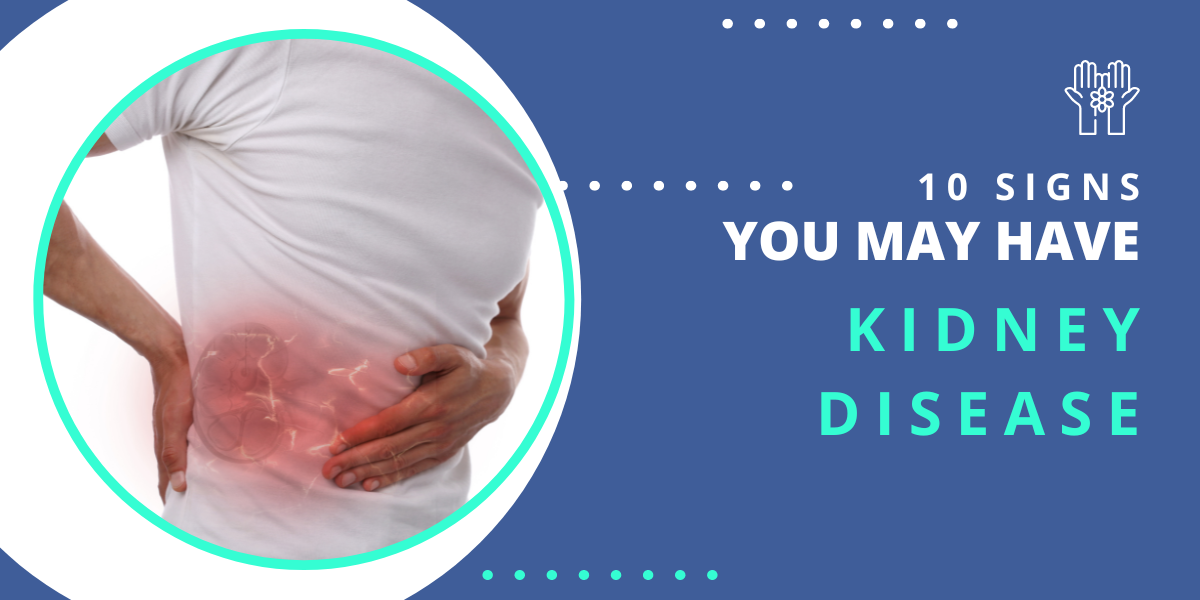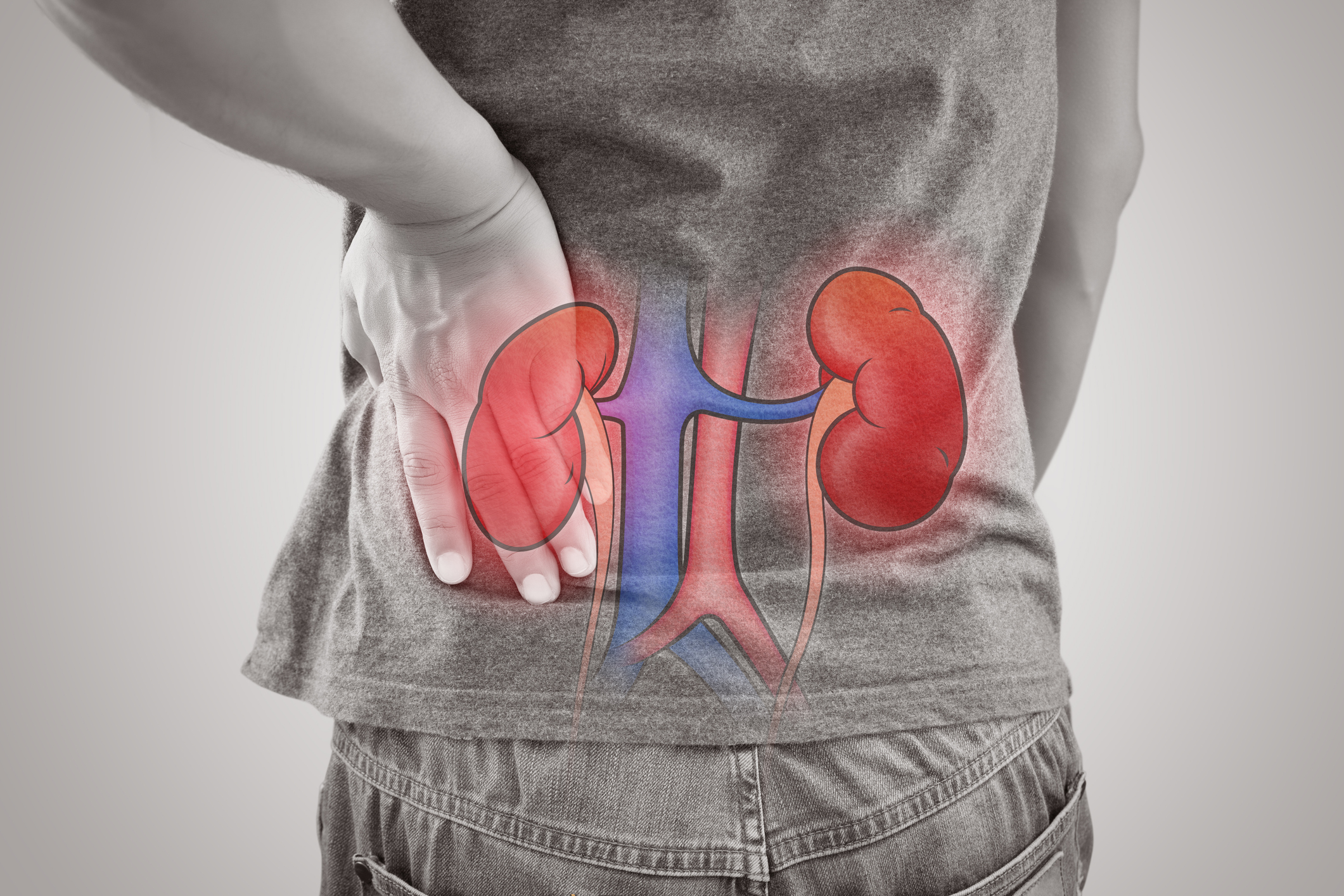
More than 37 million adults in the United States have kidney disease, but many are unaware of it. When it comes to the telltale signs of kidney disease, people tend to confuse them with other ailments. As a result, people with kidney disease typically don’t show any symptoms until their kidneys are failing or their urine contains a lot of protein. The National Kidney Foundation’s Chief Medical Officer, Dr. Joseph Vassalotti, explains that only 10% of people with chronic kidney disease are aware of their condition.
Dr. Vassalotti provides a list of 10 possible signs you may have kidney disease. High blood pressure, diabetes, a family history of kidney failure, or being older than 60 all increase your risk of kidney disease, making it imperative that you have a kidney function test performed on a yearly basis. Any symptoms you’re having should be brought up with your doctor.
10 Signs of Kidney Disease

1. You’re feeling drowsy, lack energy, or have difficulty focusing. Blood toxins can build up if kidney function declines to a critical level. As a result, people may feel run down and unable to concentrate. Anemia, another side effect of kidney disease, is a common source of fatigue and weakness.
2. There is a problem with your sleep. Toxic remains in the bloodstream instead of being excreted in the urine when the kidneys aren’t working properly. Getting a good night’s rest may be difficult as a result. Obesity and chronic kidney disease are linked, and people with chronic kidney disease are more likely than the general population to have sleep apnea.
3. Your skin is flaky and inflamed. The kidneys play a vital role in a person’s health. Wastes and excess fluid are removed, red blood cells are formed, bones are strengthened, and the right amount of minerals are maintained in your blood. Skin that is extremely dry and itchy may be a sign of advanced kidney disease, which frequently causes mineral and bone disease, as the kidneys cannot maintain the proper balance of minerals and nutrients in the blood.
4. Urinary urges are becoming more frequent. You may have kidney disease if you have to urinate more frequently, especially at night. An increased need to urinate can be caused by damage to the kidney filters. In men, this may indicate an infection in the urinary tract or an enlarged prostate.
5. You find blood in your pee. Damage to the kidney filters allows blood cells that normally stay in the body to “leak” into the urine during the process of filtering wastes from the blood to create urine. When blood is present, it indicates the presence of tumors, kidney stones, or infection.
6. Your feces are frothy. The presence of protein in the urine is indicated by the presence of excessive bubbles in the urine, especially those that require multiple flushes before disappearing. Albumin, the most common protein in the urine, is also found in eggs, so this foam may resemble scrambled egg foam in appearance.
7. You’ve been plagued by constant puffiness around your eyes. In the early stages of kidney damage, protein leakage into the urine is a telltale sign of protein buildup in the kidney filters. When protein leaks out of your kidneys into the urine instead of being stored in your body, it can cause puffiness under your eyes.
8. It appears that you have swollen ankles and feet. Swelling in your feet and ankles can be caused by a decrease in kidney function. Also, lower leg swelling may be a sign of heart disease, liver disease, or chronic leg vein problems.
9. You’re not a big eater. A buildup of toxins as a result of decreased kidney function may be one of the causes of this symptom.
10. Your limbs are twitching in pain. Impaired kidney function may lead to electrolyte imbalances in the body. A lack of calcium and phosphorus control, for example, can cause muscle cramping.

